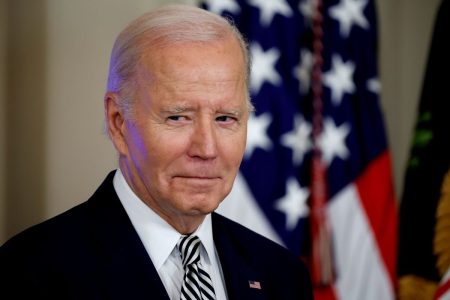
London – Oil edged higher in thin holiday trading, heading for a flat performance in 2024 as the market braces for a global surplus next year.
West Texas Intermediate rose above $71 a barrel, having initially advanced after factory activity expanded for a third month `in China, the world’s crude biggest importer. In another sign of nascent economic recovery, Chinese President Xi Jinping said the nation’s gross domestic product is expected to expand around 5% for the full year of 2024, meeting official targets.
The gains eased as the dollar strengthened, tempering the appeal of commodities and shifting the focus to the challenges ahead. Beijing faces the threat of a new trade war from the incoming Donald Trump administration, and the International Energy Agency expects global crude markets to tip into surplus in the first quarter.
Bullish bets on WTI reached a four-month high in the penultimate week of 2024 as investors positioned for upside risk in the new year.
Crude has been stuck in a narrow trading range since mid-October, leaving WTI little changed for the year while Brent is down about 3%, on pace for a second-straight annual decline. The oil market is also facing a global oversupply in 2025, making it harder for the OPEC+ alliance led by Saudi Arabia to revive idled production. Some banks have forecast crude prices will continue to weaken over the next two years.
On the other hand, a potential flare-up in hostilities in the Middle East or Ukraine could provide short-term support for oil. Trump’s pick for national security adviser has vowed to restore the “maximum pressure” campaign on Iran that squeezed the nation’s crude exports during Trump’s first term.
“I’m not fully buying into this overwhelming bearishness,” said John Driscoll, director and founder of Singapore-based consultant JTD Energy Services Pte. “We may yet see some discipline on the upstream side from the oil producers, and I would not rule out the possibilities of black swans like geopolitical events or extreme weather.”
*Mia Gindis and Grant Smith – Bloomberg



